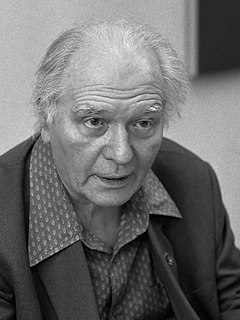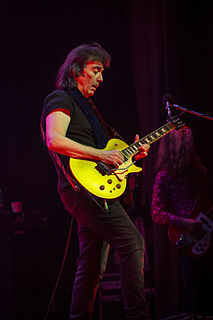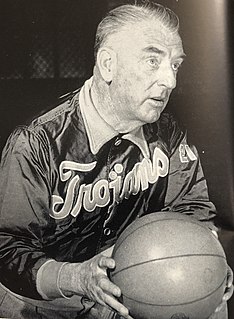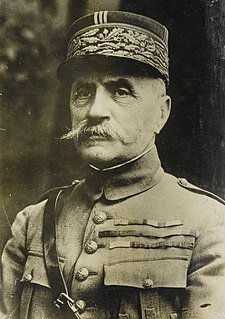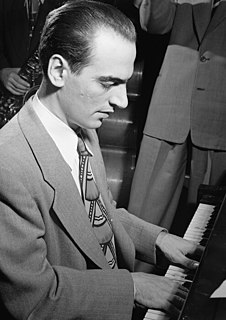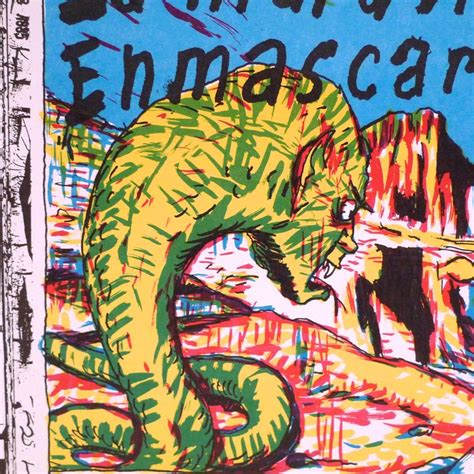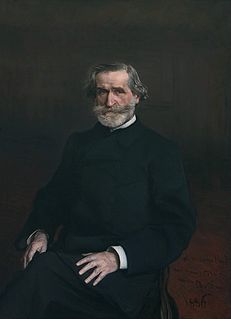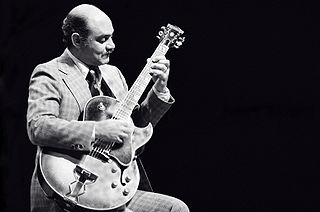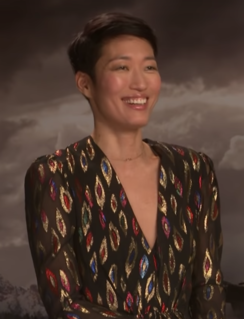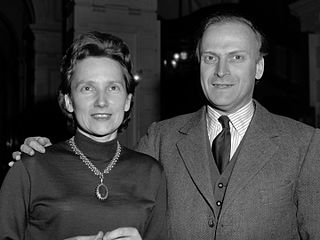A Quote by Olivier Messiaen
No one should be allowed to make music as if he were made of wood. One must reproduce the musical text exactly, but not play like a stone.
Related Quotes
I don't think I'm wrong when I say that the most beautiful objects of the "stone age" were made of skin, fabric, and especially wood. The "stone age" ought to be called the "wood age." How many African statues are made of stone, bone, or ivory? Maybe one in a thousand! And prehistoric man had no more ivory at his disposal than African tribes. Maybe even less. He must have had thousands of wooden fetishes, all gone now.
My father was able to play a number of musical instruments and I fell in love with classical music in my teens and I allowed it to influence me. I like to think I took and still do from classical music and various techniques, I have made classical albums and recorded seven different pieces of Bach on different albums and its all music too me.
With Orff it is text, text, text - the music always subordinate. Not so with me. In 'Magnificat,' the text is important, but in some places I'm writing just music and not caring about text. Sometimes I'm using extremely complicated polyphony where the text is completely buried. So no, I am not another Orff, and I'm not primitive.
All the same, the fundamental truths which govern that art are still unchangeable; just as the principles of mechanics must always govern architecture, whether the building be made of wood, stone, iron or concrete; just as the principles of harmony govern music of whatever kind. It is still necessary, then, to establish the principles of war.
You could make your fingers reproduce exactly what you felt, if you really worked at it. I achieved it, not only spending a lot of time at the keyboard but finding ways I could make my fingers reproduce my deepest feelings. It meant, when you hit a note with a finger, you sank into that note all the way to the bottom of the keyboard until it went pow! Right?
For a long time religion made me feel guilty for being involved in music. Growing up, the religion I grew up in, the Church of Christ, encouraged a capella, but didn't allow musical instruments, so even though my parents allowed me to play trumpet in the band, and I was pretty good at it, it had this baggage.
You can't think and play. If you think about what you're playing the playing becomes stilted. You have to just focus on the music I feel, concenctrate on the music, focus on what you're playing and let the playing come out. Once you start thinking about doing this or doing that, it's not good. What you are doing is like a language. You have a whole collection of musical ideas and thoughts that you've accumulated through your musical history plus all the musical history of the whole world and it's all in your subconscious and you draw upon it when you play
My father raised us like … we were not allowed to see people in any sort of colors, but also we were not allowed to call people fat. If ever we were to say, ‘Oh that fat person, or this person,’ he would make us put a bar of soap in our mouth and count to 10. We weren’t allowed to look at people like that.
My father raised us like... we were not allowed to see people in any sort of colors, but also we were not allowed to call people fat. If ever we were to say, 'Oh that fat person, or this person,' he would make us put a bar of soap in our mouth and count to 10. We weren't allowed to look at people like that.
I never like to play for myself, and that is why I don't own a grand piano. To play for yourself is like looking at yourself in a mirror. I like to practice; that is to work at a task. But to play there must be an audience. New things happen when you play for an audience. You don't know what will occur. You make discoveries with the music, and it is always the first time. It is an exchange, a communion.
